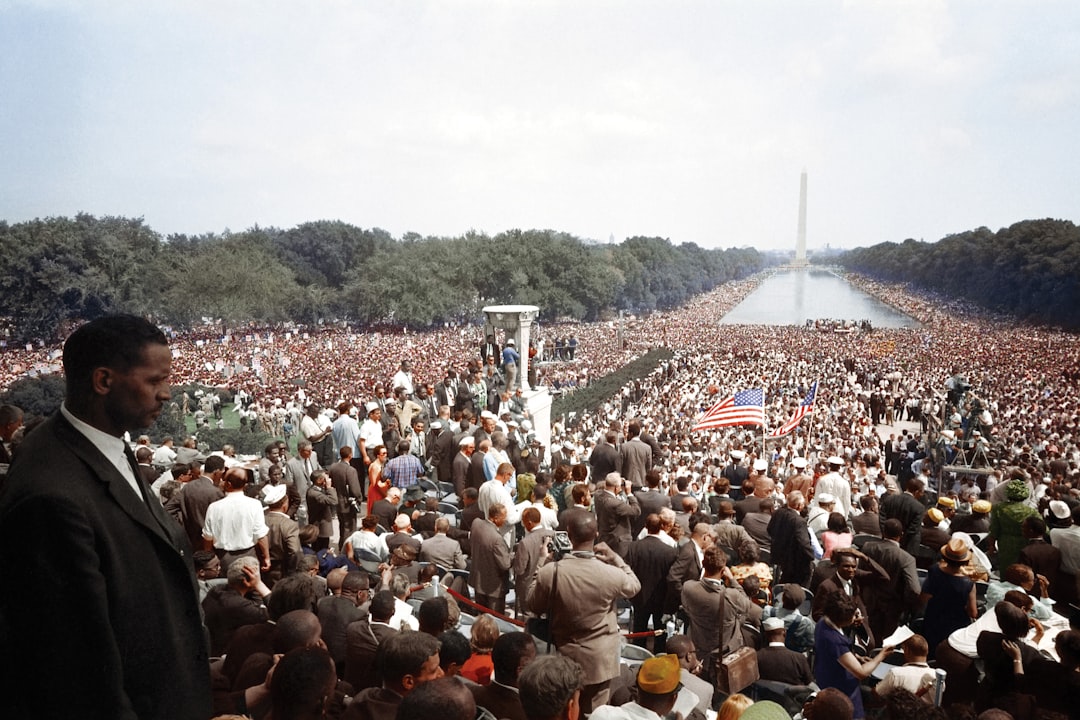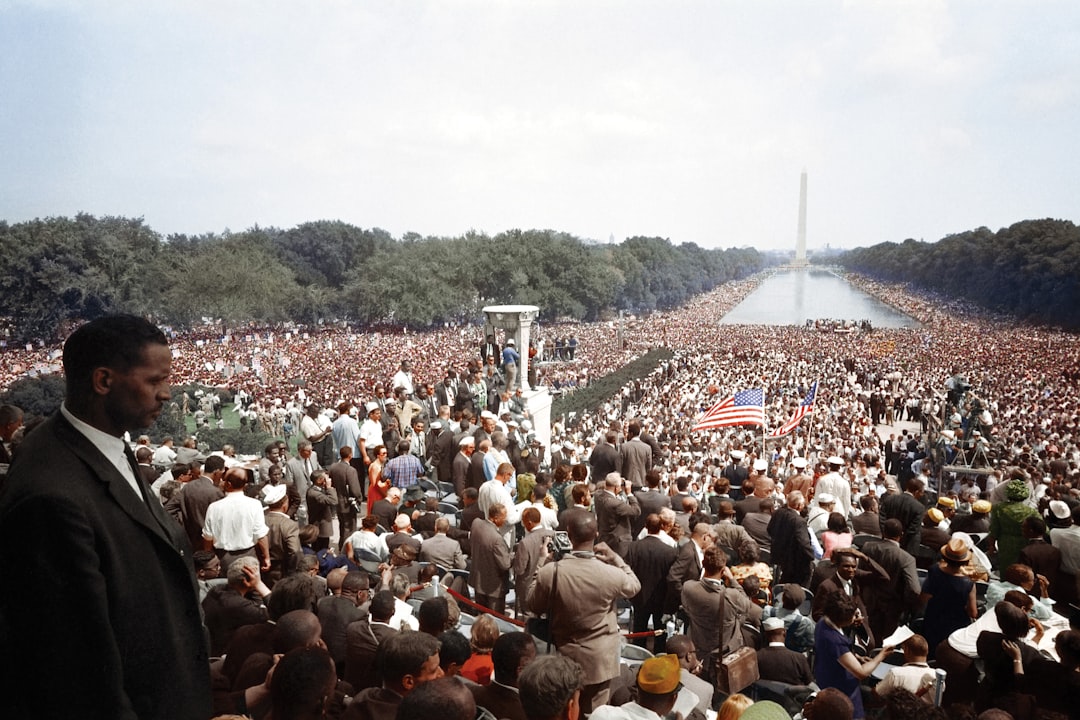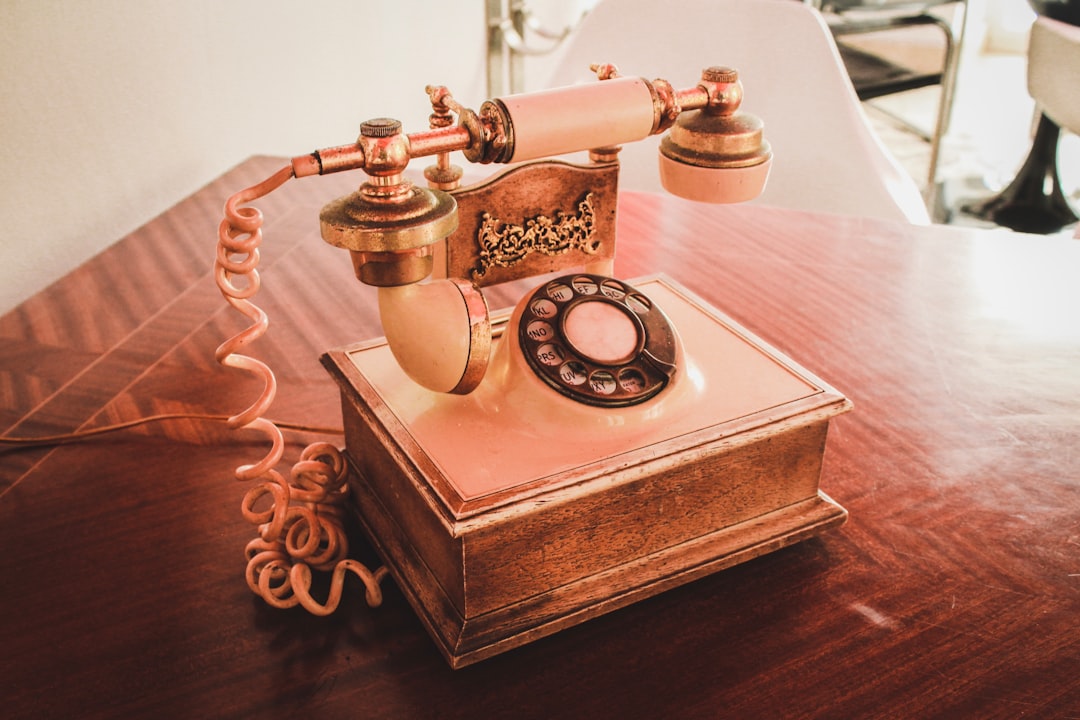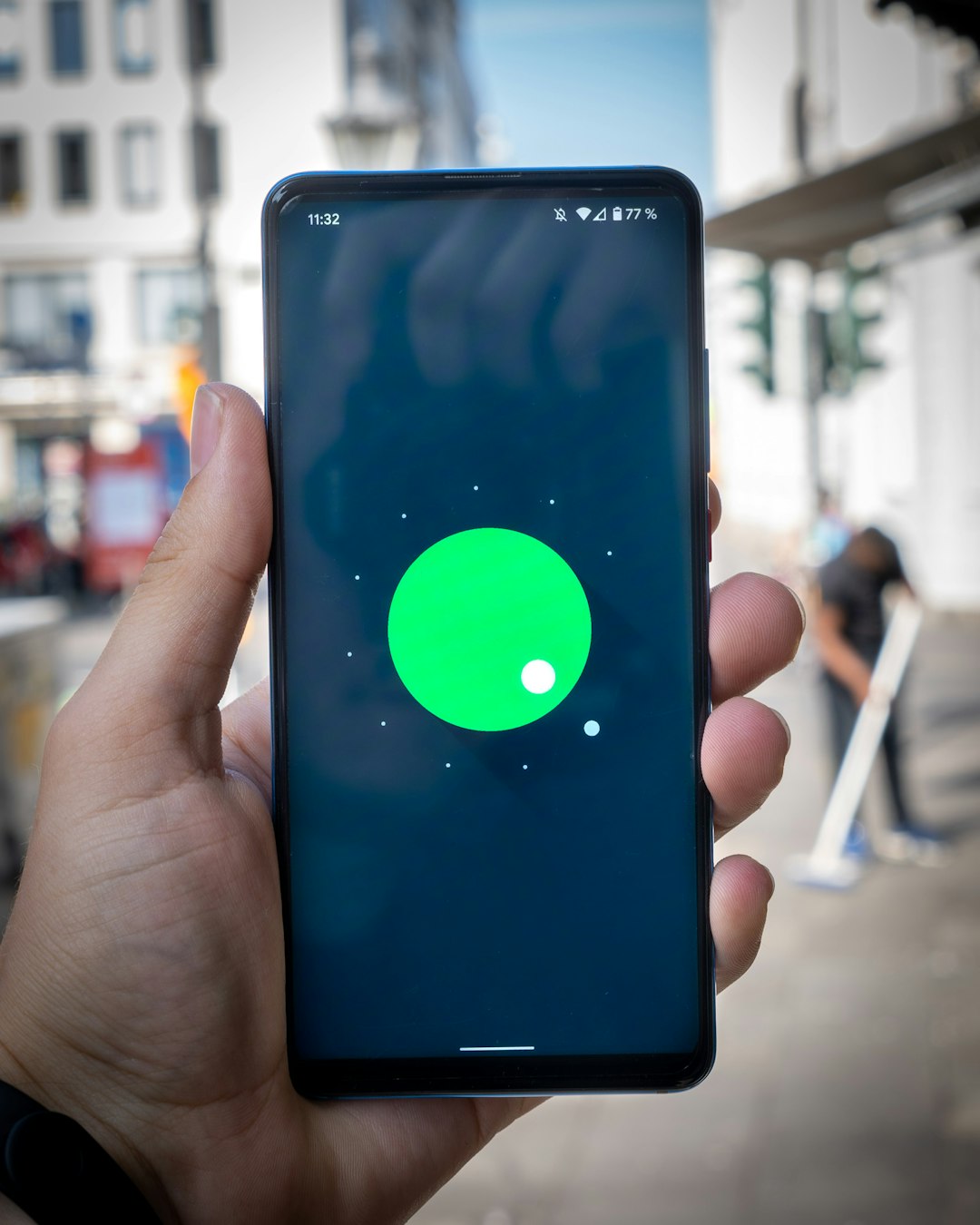In the digital age, robocalls—automated phone calls using advanced software and databases—are common. In Washington D.C., with strict privacy laws, a Robocall Lawyer DC or Spam Call Lawyer DC is essential to understand and navigate legal complexities and local regulations. The Telephone Consumer Protection Act (TCPA) restricts automated calls unless consent is given or exceptions apply. Individuals can protect themselves by registering on the National Do Not Call Registry, using call-blocking apps, and reporting spam to the FCC. Reputable Spam Call Law Firms DC and Robocall Attorneys DC offer specialized assistance and legal action against persistent robocallers.
In today’s digital age, robocalls have become a ubiquitous nuisance, especially in the District of Columbia. This guide is designed to demystify how robocalls work and equip DC residents with knowledge about their rights and protection strategies. We delve into the technical aspects of automated calling systems, explore the legal perspective through DC’s spam call laws, and offer practical advice on countering and reporting these unwanted calls. If you’re seeking a Robocall Lawyer DC or Spam Call Attorney DC, understanding this process is your first line of defense against intrusive robocalls.
Understanding Robocall Technology: A Deep Dive into Automated Calling Systems

Robocalls, a term that has become increasingly familiar in our digital age, refer to automated phone calls made by computer-generated systems rather than live agents. These calling systems use sophisticated technology to reach massive audiences in a fraction of the time it would take human operators. Understanding how they work involves delving into several key components and processes.
At their core, robocall technologies leverage advanced software that can make thousands or even millions of calls simultaneously, using pre-recorded messages or dynamically generated speech. They often employ automated dialing systems that rapidly sequence through phone numbers, enabling high call volumes. Moreover, these systems can access vast databases containing phone numbers and other consumer data, allowing for targeted marketing or fraudulent activities like spam calls. In the context of Washington D.C., where privacy laws are stringent, a robocall lawyer DC or spam call lawyer DC can provide expertise in navigating legal complexities surrounding these automated calling practices, ensuring compliance with local regulations.
The Legal Perspective: Spam Call Laws and Your Rights in DC

In Washington D.C., robocalls are regulated by the same federal and local laws as in other states, but with an added layer of protection for residents due to stringent consumer privacy regulations. The Telephone Consumer Protection Act (TCPA) prohibits automated or prerecorded calls from contacting consumers without their prior explicit consent, except under specific circumstances like collecting debt or emergency situations. Violations can result in substantial fines, making it crucial for both businesses and individuals to understand these laws. A robocall lawyer DC or spam call attorney DC can guide you through the complexities of these regulations, ensuring your rights are protected.
If you receive unwanted robocalls, you have options. You can register your phone number on the National Do Not Call Registry, though this doesn’t stop all spam calls as certain types of messages are exempt. Legal action is also an option; a spam call law firm DC specializing in TCPA litigation can help determine if a violation has occurred and pursue compensation for any associated damages. Understanding these rights is essential to navigating the legal landscape surrounding robocalls in Washington D.C.
Protecting Yourself: Strategies to Counter and Report Robocalls in the District of Columbia

Protecting yourself from robocalls is an essential aspect of navigating modern communication. In the District of Columbia, several strategies can help counter and report unwanted automated calls. One effective approach is to register your number on the National Do Not Call Registry, which restricts marketing calls from known firms. Many robocall lawyer DC and spam call lawyers DC advocate for this simple yet powerful step. Additionally, utilizing call-blocking apps or features built into modern smartphones can significantly reduce the volume of robocalls received.
Reporting is another crucial aspect. The Federal Communications Commission (FCC) provides tools to identify and report spam calls. By forwarding suspicious calls to the FCC’s Do Not Call Registry, residents contribute to a nationwide effort to curb excessive robocalling. Engaging the services of a reputable spam call law firm DC can also offer specialized assistance in dealing with persistent robocallers and pursuing legal action if necessary. These proactive measures empower DC residents to reclaim their communication channels from intrusive automated calls.






